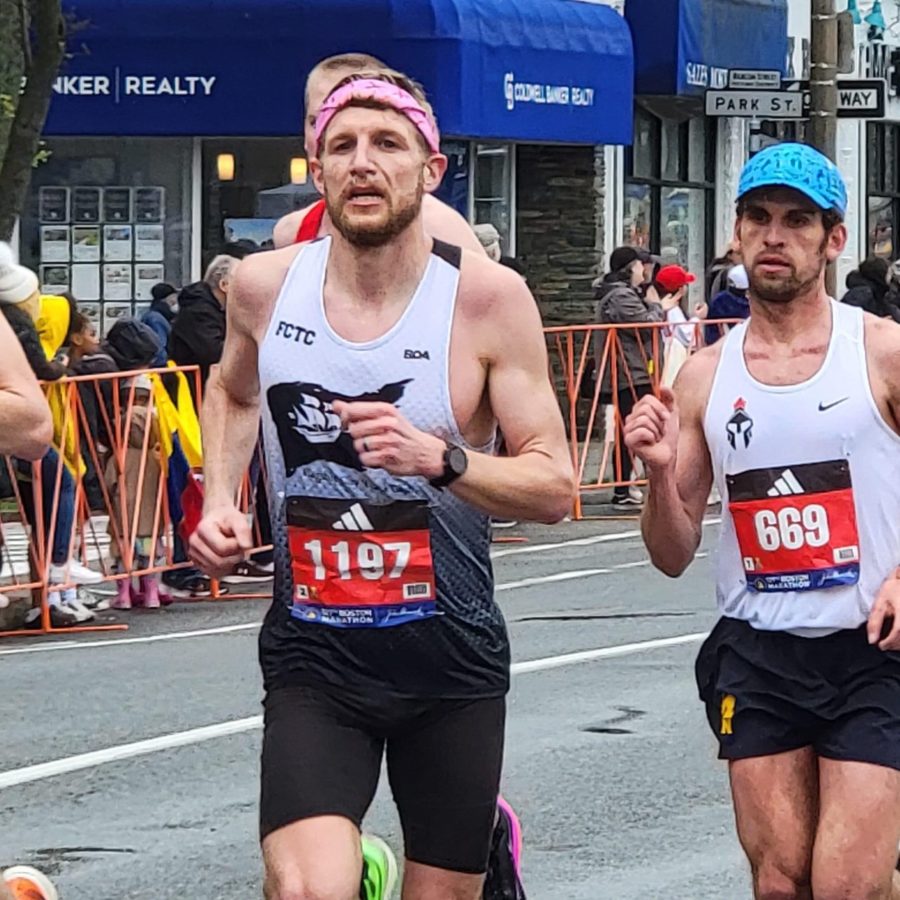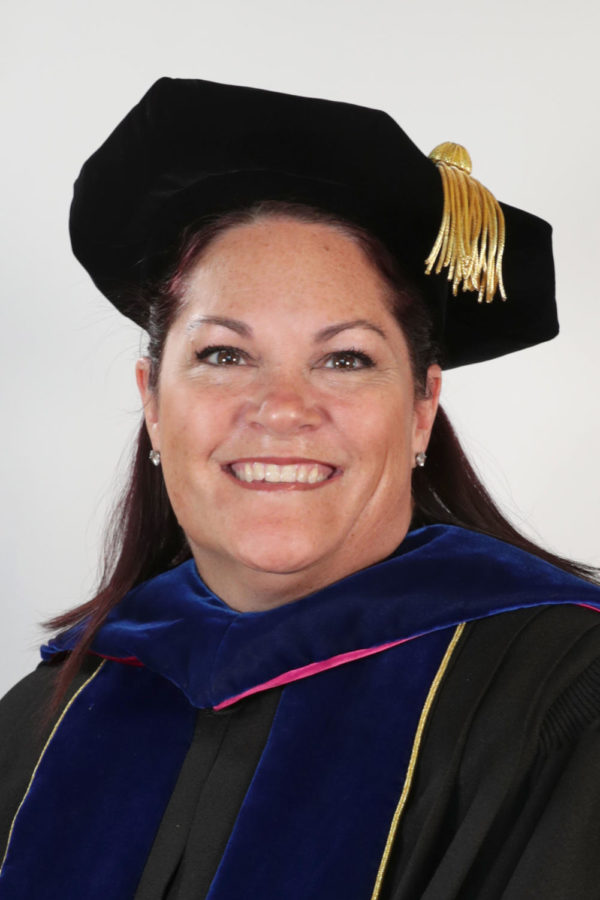It’s not very often that students get the opportunity to present their work before a top executive in their field. It’s even rarer that they get the opportunity to present to 20.
Several graduate intelligence students, in conjunction with Professor Shelly Freyn did just that recently when they presented for the Conference Board, Council on Competitive Intelligence.
According to the Conference Board website, they are “a global, independent business membership and research association working in the public interest. [Their] mission is unique: To provide the world’s leading organizations with the practical knowledge they need to improve their performance and better serve society.”
This organization helps direct the Consumer Confidence Index, which reveals the optimism of Americans towards the economy. Their research and expertise is what guides some of the world’s largest corporations.
Second-year grad student Nick Walker said the companies in attendance were all major players.
“There wasn’t a single lame duck in the room,” he said.
Freyn, the Competitive Intelligence professor, originally got the call from a leading member of Rockwell-Collins, one of Boeing’s biggest competitors, asking if she would come and give a presentation about how best to communicate data to decision-makers.
Freyn said she did not want to be the one to present.
“I think we’ve got some very talented graduate students out there and some really great projects they’ve done. So I offered her the idea of a few grad students coming down and presenting data visualization, and various tools from national security and law enforcement and other Intel methods,” she said.
Angela Anderson, a second-year graduate student, presented on using Intelligence Preparation of the Operating Environment (IPOE), a mapping tool, to determine the most effective and secure locations to operate hotels in Mozambique.
“It’s something that’s more of a military methodology, but I tried to find ways to tailor towards a more business, competitive intelligence environment,” Anderson said.
She also made the effort to bridge the gap between military and business thinking, making a translation page which contained a military term paired with a comparable business term or definition.
Walker presented on a common tool in the intelligence field, but is often neglected by businesses.
“I took ACH [Analysis of Competing Hypotheses] and applied it to the problems we face with data visualization and being able to lie with statistics, lie with graphs,” he said.
The benefits of these presentations go beyond the average resume boost.
Networking with such high-level managers “puts you on a whole different level of having some connections,” according to Walker.
Both he and Anderson are currently in correspondence with members of the Conference Board and are working towards employment with these companies.
The benefits from this conference are far-reaching for competitive intelligence, too.
“Intelligence has always been thought of in the national security and military realm. It is a big growing field and in business, they’re really open to even some of the older techniques which have never been creatively applied to business. I think intelligence and business is an amazing opportunity down the road. There’s an enormous interest there,” Freyn.
The work of the Mercyhurst grad students has certainly increased and encouraged that interest.




